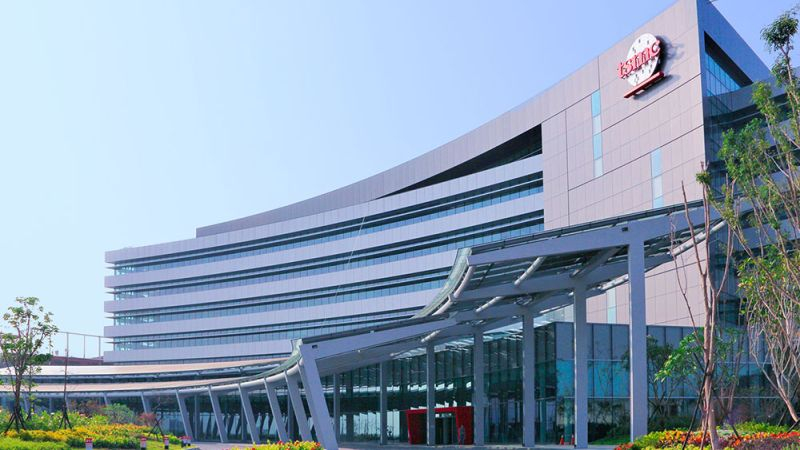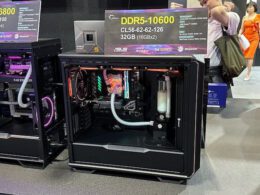TSMC Plans 50% Increase in Specialized Chip Production by 2028
Taiwan Semiconductor Manufacturing Company (TSMC) seldom used to commit less than 10% of its capital expenditure on the advancement of specialized chip manufacturing. These chips are known for their combination of low power consumption and moderate cost. By 2028, TSMC expects to escalate production by 50% for these chips.
Mature Process for Specialized Chip Production
AnandTech, having studied TSMC’s European Technology Symposium materials, notes that TSMC has typically used mature processes for manufacturing such chips. These processes originated at facilities formerly producing advanced products but transitioned to specialized chip production as more innovative technologies moved to new sites.
Boost in Specialized Chip Production
Kevin Zhang, TSMC’s senior vice president, has explained that over the next five years, the company plans to increase the production of specialized chips by 1.5 times. Interestingly, for the first time in a long time, entirely new facilities will be constructed to manufacture such products. Among them will be plants that utilize the state-of-the-art N4e process, designed specifically for this sector, considering the low power consumption of the produced chips.
Progressive Technology
Currently, TSMC’s most advanced corresponding process is N6e, which enables operating voltages ranging from 0.4 to 0.9 volts for chips. With the adoption of the N4e process, the company aims to bring down voltages below the 0.4-volt mark. The timeline for such implementation remains unclear, but it will take place before 2028, with more details expected next year.
TSMC’s Stance on Competitors
TSMC has repeatedly pointed out that it is relatively unworried about the active expansion of chip production using mature processes by its Chinese competitors. The company delivers the majority of its specialized chips to long-term contract clients, making a mass exodus to Chinese rivals unlikely.





